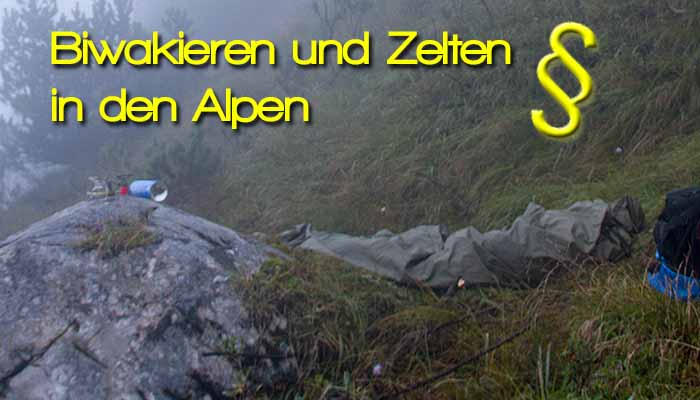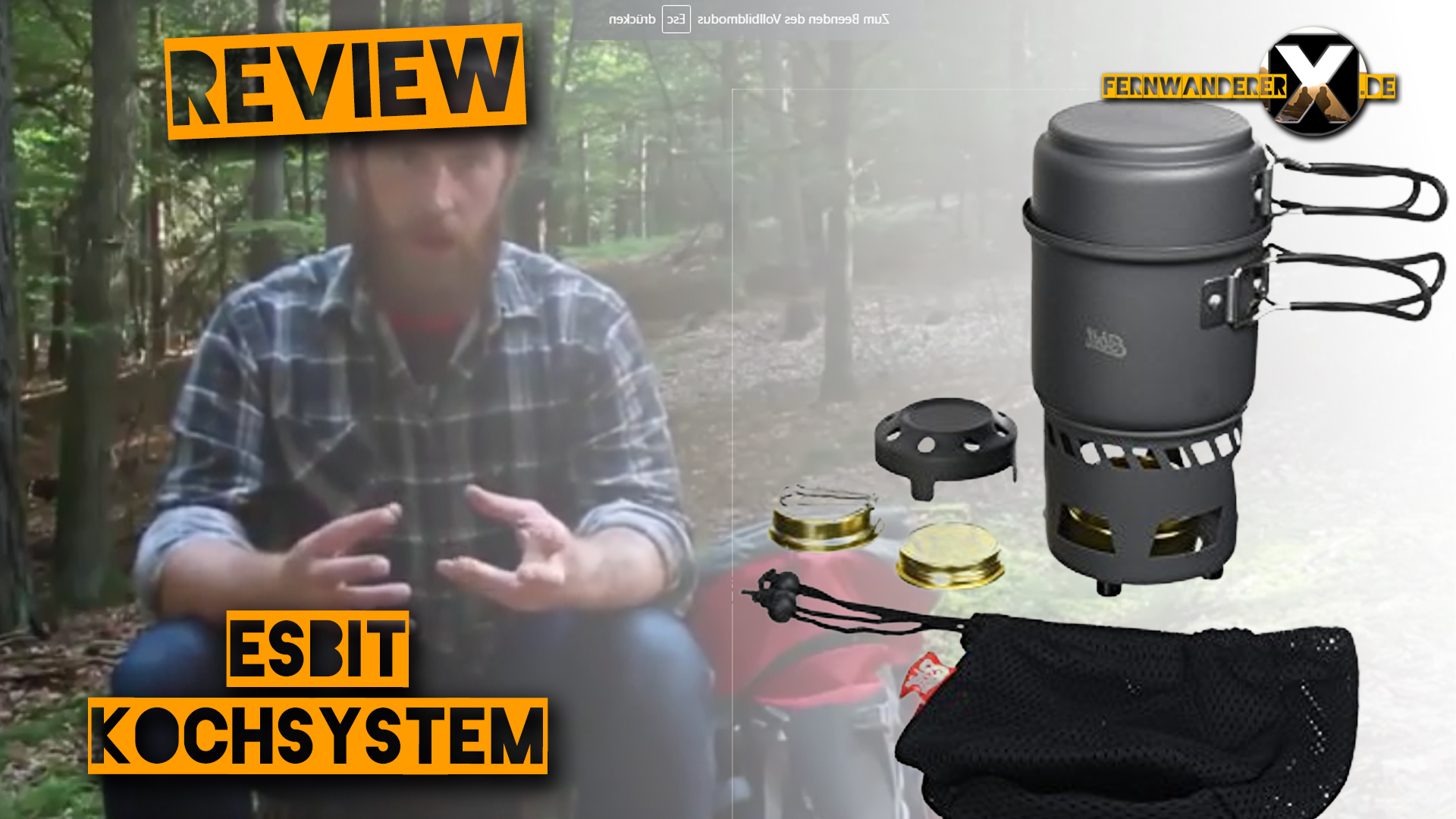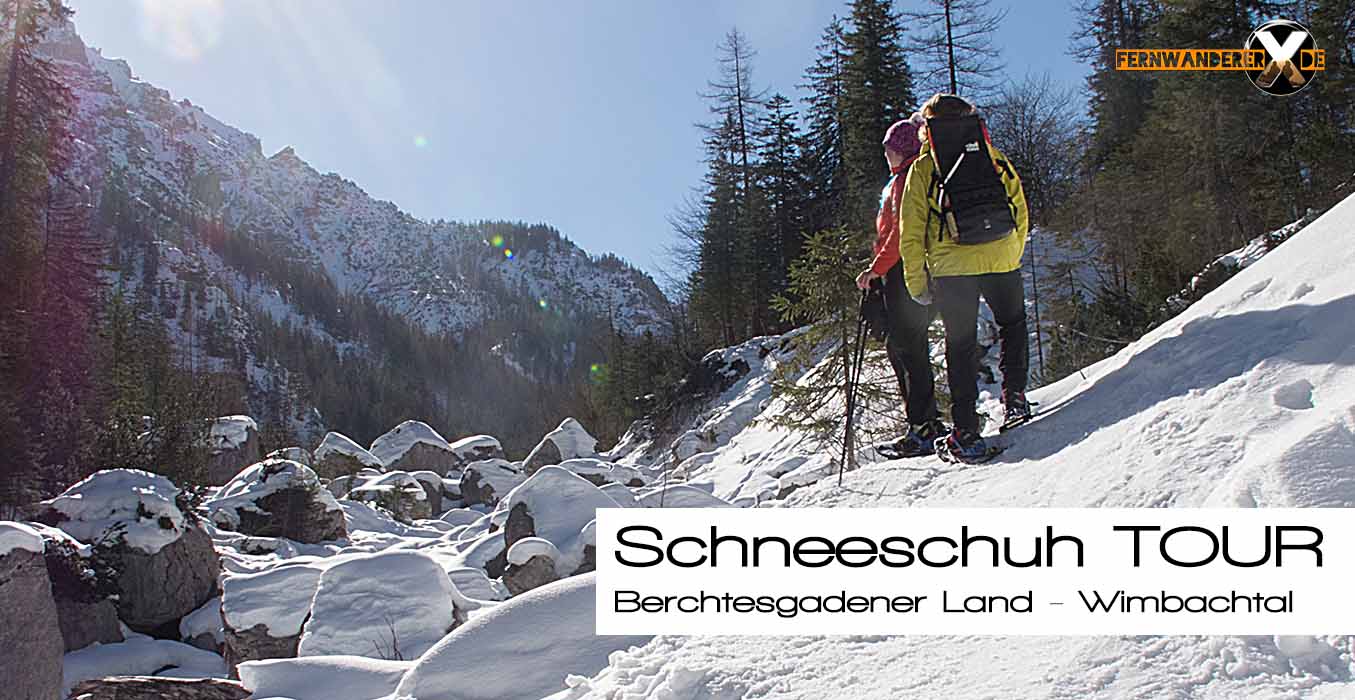[:de]
Eine Alpenüberquerung oder nur über Nacht auf den Gipfel und wieder hinunter.
Das Biwak, ein Bergsteiger Traum nichts bringt einen näher an die Elemente die Natur und die Freiheit.
Für mich ist das Thema Aktueller denn je bereits im März 2014 ↗ habe ich mir Gedanken dazu gemacht und recherchiert. Damals war die Überlegung den Fernwanderweg E5 mit Biwaksack und Verpflegung aus dem Rucksack zu begehen. ( Damals waren es 3 Tage die ich durch stand … es war einfach zuviel Gewicht und ich zu untrainiert. )
Zurück zur Frage!
Zuerst einmal müssen wir deutlich unterscheiden was ist Biwakieren und was ist Zelten.
Was ist ein Notfall, was ist eine geplantes Biwak.
Wenn wir von den Alpen Sprechen müssen wir auch in betracht ziehen das es verschiedene Länder und Bezirke / Kantone sind. In Deutschland ist es nicht einheitlich geregelt wer wie und wo übernachten bzw. Grundstücke wie Waldflächen betreten darf. Sonderregeln wie z.B. in Naturschutzgebiete wie Vogelschutzgebiete, Naturschutzgebiete und besonders Nationalparks machen das Gesetzes Wirrwar noch undurchsichtiger wie es bereits ist.
Hier ein Auszug aus dem Waldgesetz des Bundeslandes Bayern:
„… Betretungsrecht
Das Betreten des Waldes zum Zweck des Genusses der Naturschönheiten und zur Erholung
ist jedermann unentgeltlich gestattet. Die Ausübung des Rechts erfolgt grundsätzlich auf
eigene Gefahr (Art. 13 Abs. 1 und 2 BayWaldG). Die Einzelheiten sind in Artikel 21 ff. BayNatschG geregelt.
Alle Teile der freien Natur, insbesondere Wald, Bergweide, Fels, Ödungen, Brachflächen,
Auen, Uferstreifen und landwirtschaftlich genutzte Flächen, können von jedermann unentgeltlich
betreten werden. Dazu zählen auch Skifahren, Schlittenfahren, Reiten, Ballspielen
und ähnliche sportliche Betätigungen in der freien Natur (Art. 22 Abs. 1, Art. 24 BayNatSchG).
Die Naturschutzbehörden können das Betreten von Teilen der Natur untersagen oder beschränken,
zum Beispiel Reiten nur auf Reitwegen erlauben (Art. 26 BayNatSchG).
Das Betretungsrecht kann nach Artikel 22 Abs. 3 BayNatSchG vom Grundeigentümer durch Sperren
verwehrt werden, wenn erwehrt werden, wenn
– andernfalls die zulässige Nutzung des Grundstücks nicht unerheblich behindert oder eingeschränkt
würde zum Beispiel, wenn Beschädigungen von Forstkulturen zu erwarten sind
– es zur Durchführung von beispielsweise landschaftspflegerischen oder forstwirtschaftlichen
Maßnahmen notwendig ist (Art. 29 BayNatSchG)
…“ Zitat Ende Quelle: https://fbgmemmingen.de/wp-content/uploads/2016/12/FBG_Waldgesetz.pdf ↗
Nun haben wir schon einmal erfahren das wir uns in Wäldern frei bewegen dürfen, sofern nicht anders angegeben .
Allerdings ist dies kein Jedermanns-Recht wie es aus Nordischen-Ländern bekannt ist.
Über das Wild Zelten / Wild Camping
in Bayerischen Wäldern wird folgender gesetztes Text offen gelegt.
„… Zelten und Camping
Das Aufstellen und Bewohnen von Zelten oder Wohnwagen in der freien Natur außerhalb behördlich genehmigter Zelt- oder Campingplätze ist mehr als ein „normales Betreten“ und
wird daher nicht vom Betretungsrecht (Art. 22 Abs. 1 und 2 BayNatSchG) gedeckt. Dafür ist stets die Zustimmung des Grundstücksberechtigten erforderlich.
Wer einen Campingplatz errichten und betreiben will, braucht die Erlaubnis der Gemeinde (Art. 25 LStVG) oder eine Baugenehmigung (Art. 55 BayBO).
…“ Zitat Ende Quelle: https://fbgmemmingen.de/wp-content/uploads/2016/12/FBG_Waldgesetz.pdf ↗
Dieser Gesetzestext gibt ganz klar wieder das dass Zelten und Wohnwagen aufstellen in der freien Natur https://www.intercultural-reflections.de/character-t/index.html ↗ ,
nicht nur im Wald,
nicht geduldet ist ohne Zustimmung des Besitzers eine Straftat darstellt.
Nun ist die Definition wieder entscheidend, wie bereits oberen teil erwähnt müssen wir entscheiden
was ist ein Zelt und was ist ein Biwak.
Aus der Niederschrift eines Versicherungsunternehmens geht hervor was dieser als Zelt ansieht.
…“
In einer Unfallverhütungsvorschrift eines Versicherers ist unter
§ 2 Begriffsbestimmungen folgendes zu finden:
„(1) Zelte im Sinne dieser Unfallverhütungsvorschrift sind bauliche Anlagen,
die aus einer Tragkonstruktion und einer Hülle bestehen, und Membranzelte “
…“ Quelle : https://www.bushcraft-deutschland.de/thread/4389-definition-zelt/ ↗
Auch die Freunde aus dem Forum bushcraft-deutschland.de ↗ haben sich bereits den Kopf zermartert und sind zu keinem eindeutigen Entschluss gekommen. Jedoch finde ich Persönlich die Definition der Tragkonstruktion mit Hülle schon sehr gut als Definition eines Zeltes.
Was wiederum einen Biwaksack ausschließen würde.
Zurück zu den Alpen
und hier über die Waldgrenze!
Einmal durchatmen und dann weiter zu
>>>Weiter zu Teil 2<<<
Das BayWaldG „Waldgesetz ↗ für Bayern“ findet
ihr im Vollen Umfang unter gesetze-bayern.de/Content/Document/BayWaldG ↗
[:en]
*
A crossing of the Alps or just overnight to the summit and back down again.
The bivouac PuTTY SSH reverse tunnel ↗ , a climber dream nothing brings you closer to the elements of nature and freedom.
For me the issue is current than ever already in March 2014 ↗ , I have been thinking about it and researched. At that time the idea was to make the long distance trail E5 with bivouac bag and knapsack drink and food. (At that time there were 3 days I was standing by … it was just too much weight and I untrained.)
Back to the question!
First, we must clearly distinguish what’s bivouac and what tents .
What is an emergency , which is a planned bivouac .
When we think of the Alps speak we must also draw considered it different countries and districts / cantons are. In Germany it is not uniformly regulated who how and where to stay and land like entering forest land must. Special rules such as in protected areas as bird sanctuaries , nature reserves , and particularly national parks make the law Wirrwar still opaque as it is already. Here oneExcerpt from the Forest Act of the Federal State of Bavaria : „… right of access The entering the forest for the purpose of enjoyment of natural beauty and to relax Everyone is permitted free of charge. The exercise of the right takes place basically on your own risk (Art. 13 para. 1 and 2 BayWaldG) . The details are in Article 21 et seq. BayNatSchG regulated. All parts of nature , especially the forest, mountain pasture, Rock, Ödungen, wastelands, wetlands, shorelineand agricultural land , can free of charge by anyone to enter. This includes skiing, sledding, riding, ball games and other similar sports activities in the great outdoors (Art. 22 para. 1, Art. 24 BayNatSchG) . The nature conservation authorities may entering of parts of the prohibit natural or restrict , for example, riding only on bridle paths permit (Art. 26 BayNatSchG).
The right of access may under Article 22, paragraph 3 BayNatSchG. From landowners by locking be denied , when beaten off, if – otherwise the permitted use of the property would not insignificant hindered or restricted, for example when damage to forest plantations are to be expected – it to carry out necessary, for example, landscape management or forestry measures (Art. 29 BayNatSchG)
… „End of quote Source: https://fbgmemmingen.de/wp-content/uploads/2016/12/FBG_Waldgesetz.pdf ↗
Now we already know that we are allowed to move freely in forests, unless otherwise indicated .
However, this is not everyone’s law as it is known in the Nordic countries.
About the Wild tents / Wild Camping
in the Bavarian woods following set text is disclosed.
„… tents and camping The erection and occupancy of tents or caravans in the open countryside outside officially approved tent or camping is more than a “ normal entering „ and is therefore not the right of access (. Art. 22 para 1 and 2 BayNatSchG) covered , This is the consent of the land claimants always required. Who wants to build a campsite and operate (55 BayBO Art.) Needs the permission of the community (Art. 25 LStVG) or a building permit.
… „End of quote Source: https://fbgmemmingen.de/wp-content/uploads/2016/12/FBG_Waldgesetz.pdf ↗
This legal text is very clear again that that tents and caravans set up in the great outdoors ,
not only in the forest ,
not tolerated is a criminal offense without the consent of the owner is .
Now that is the definition again crucial , as already mentioned upper part we have to decide
What is a tent and what is a bivouac .
From the transcript of an insurance company shows what looks this as a tent .
… „ In an accident prevention regulations of an insurer under § 2 definitions to find the following:“ (1) Tents the purposes of this accident prevention regulations are building structures, consisting of a support structure and a sheathmade, and membrane tents „
… „ Source: https://www.bushcraft-deutschland.de/thread/4389-definition-zelt/ ↗
Even the friends of the forum bushcraft-deutschland.de ↗ have already the racking head and shall be no clear decision came. But find I personally define the supporting structure with cover very well as a definition of a tent.
Which in turn would exclude a bivy sack.
Back to the Alps
and here on the treeline!
Take a deep breath and then continue to
>>> <<< In Part 2
The BayWaldG „Forest Law ↗ for Bavaria
[:]




